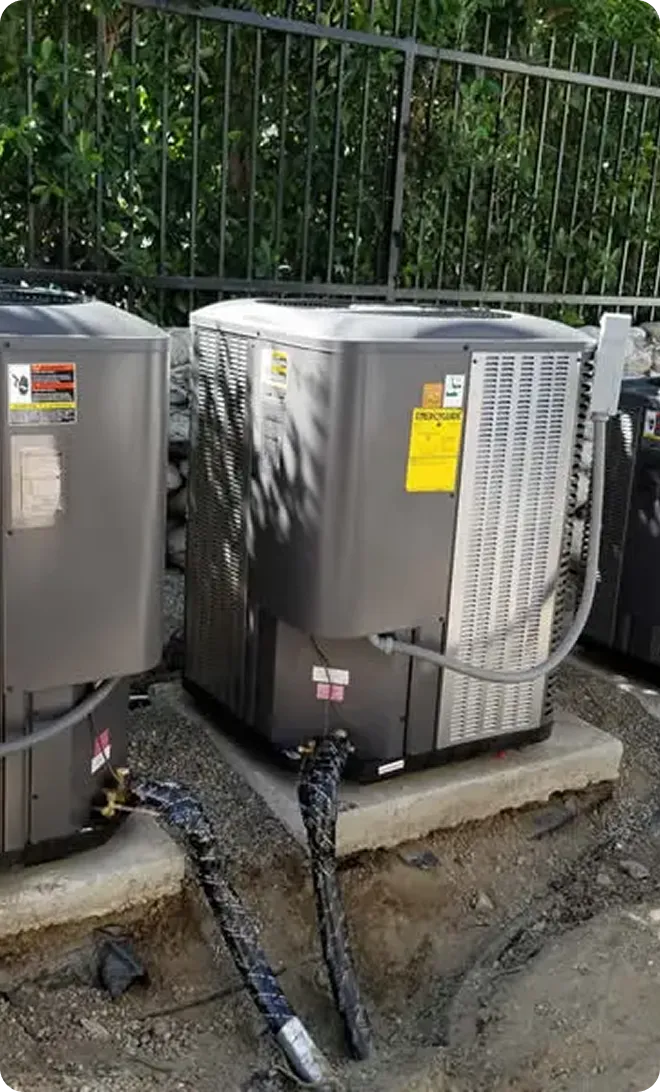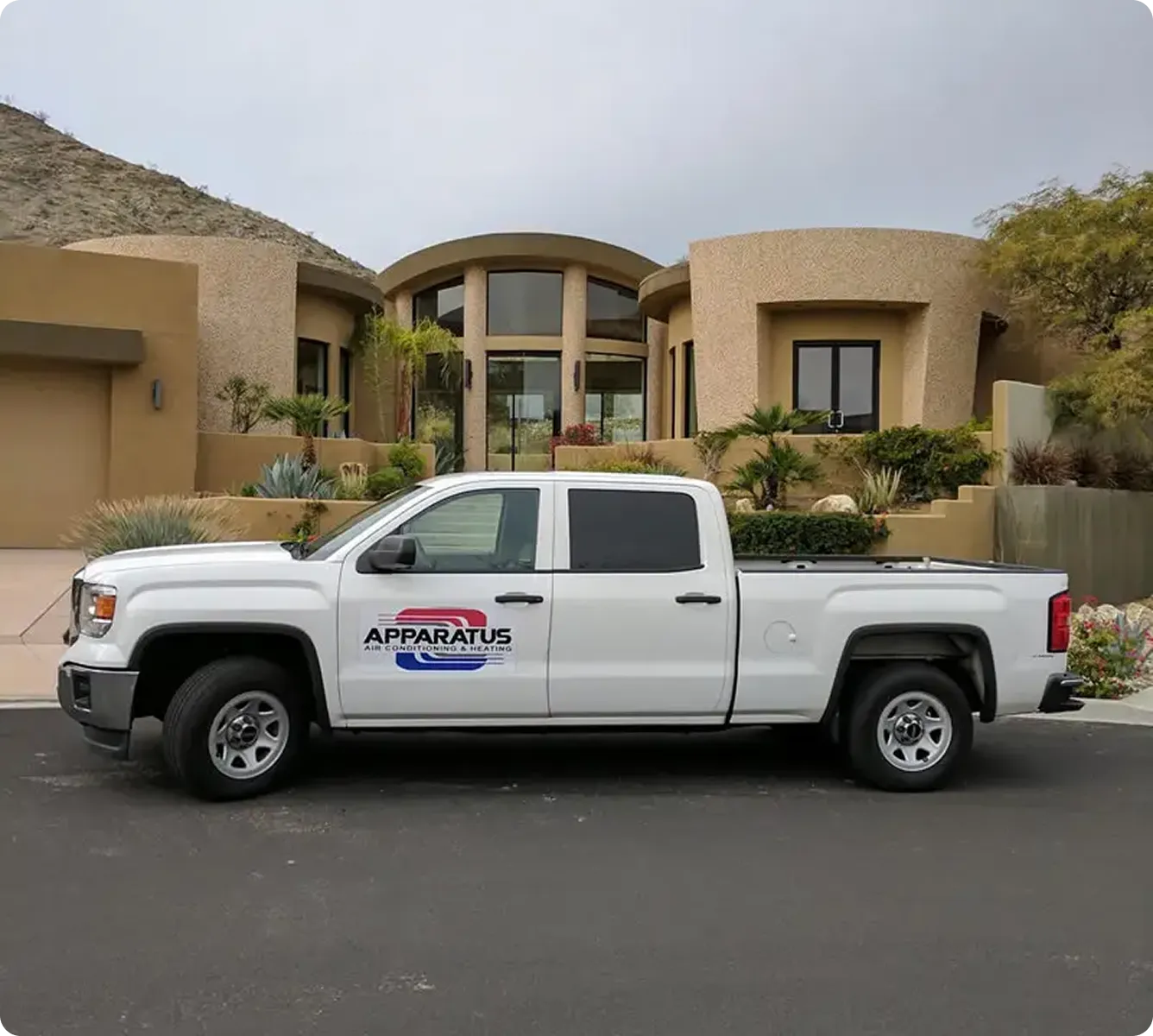
Water Heater Tune Up in North Palm Springs, CA
Water Heater Tune Up in North Palm Springs, CA
Keeping your water heater tuned and serviced is one of the most cost-effective ways to protect comfort, safety, and energy bills in North Palm Springs homes. With desert heat, mineral-rich groundwater, and year-round demand for hot water, a focused water heater tune up helps avoid surprise failures, improves efficiency, and extends the life of the unit. Below is a clear, technician-style breakdown of what a professional tune up includes, how long it takes, typical costs, and the specific reasons this service matters in North Palm Springs, CA.
-min.webp)
Estimated visit duration and recommended frequency
- Typical visit length: 60 to 90 minutes for a standard tune up. Older units, heavy sediment, or additional repairs can extend the visit.
- Recommended frequency: Annual tune ups for most homeowners. In North Palm Springs, consider twice-yearly checks for older tanks (10+ years), homes on very hard water, or properties with high seasonal occupancy and heavy hot water use.
Common cost ranges in North Palm Springs, CA
- Standard tune up: Common local ranges are approximately $100 to $250.
- Tune up plus minor parts (T&P valve, thermostat, or anode rod): Expect higher ranges, commonly $200 to $400 depending on parts.
- When more extensive repairs are found: Costs will vary; parts and labor for element or burner replacement, tank patching, or significant corrosion add to the total.
Note: these are typical market ranges. Final cost varies by unit type, accessibility, travel, and whether additional repairs or parts are required.
Common water heater issues in North Palm Springs homes
- Sediment build up and reduced hot water capacity
- Desert groundwater often contains higher mineral content that accelerates scale accumulation.
- Short cycling or frequent element failures
- High ambient temperatures and repeated heavy use increase wear on heating elements and controls.
- Corroded anode rods and leaks
- Mineral-laden water speeds sacrificial anode depletion, which raises corrosion risk for the tank.
- Poor burner combustion or sooting (gas units)
- Dust, sand, and irregular maintenance can affect burner performance and efficiency.
- Faulty T&P valves or leaking drain pans
- Thermal expansion and higher pressures in hot climates stress pressure relief components.
Performance and efficiency benefits of regular tune ups
- Improved energy efficiency
- Removing sediment and optimizing burners or elements reduces energy consumption. Homeowners commonly see efficiency improvements that translate to lower utility bills.
- More reliable hot water and faster recovery
- A clean tank and properly operating controls restore design recovery rates so your household gets consistent hot water.
- Extended equipment life
- Proactive repairs like replacing worn anode rods slow tank corrosion and can add years to the unit’s lifespan.
- Reduced risk of emergency failures
- Early detection of leaks, weak valves, and electrical faults prevents costly emergency replacements and water damage.
- Safer operation
- Verifying T&P operation, combustion performance, and gas lines reduces safety hazards including scalding, leaks, and carbon monoxide exposure.
- Warranty compliance
- Regular documented maintenance often helps maintain manufacturer warranty eligibility.
When a tune up becomes a repair or replacement
A tune up will reveal underlying problems. Common replacement indicators:
- Visible tank leaks or significant corrosion.
- Repeated element or burner failures.
- Anode rod fully consumed with extensive pitting on tank interior.
- Age: traditional tanks older than 10 to 15 years often reach the end of useful life.If significant deterioration is found, a tune up may be followed by repair recommendations or a replacement discussion.
Simple maintenance tips for North Palm Springs homes
- Flush the tank at least once a year; semi-annual flushes are sensible for hard water.
- Keep thermostat set around 120 F to limit energy use and mineral deposition.
- Inspect the drain pan and drain line monthly for clogs.
- Consider a water softener or pre-filter if your well or city water has high mineral content.
- Replace the anode rod every 3 to 5 years or when consumption is high.
- Insulate hot water pipes and the tank (if appropriate) to reduce standby loss.
- Install or check an expansion tank if you have a closed domestic water system.
Routine, focused tune ups protect comfort and cash flow in the unique conditions of North Palm Springs. A professional inspection and preventive adjustments keep your water heater running safely and efficiently through hot summers, dusty seasons, and year-round use.

hear what our satisfied
clients have to say









.webp)